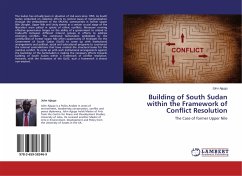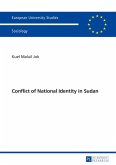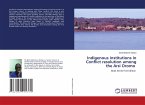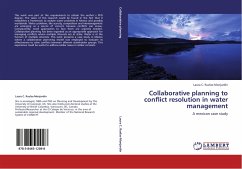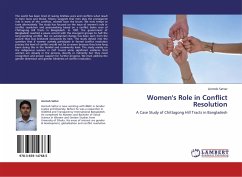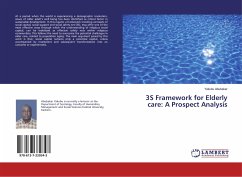The Sudan has virtually been in situation of civil wars since 1955. As South Sudan embarked on collective efforts to contest issues of marginalization through the embodiment of the SPLA/M, communities in former Upper Nile (Jonglei, Upper Nile and Unity states) at a certain crucial stage of the liberation were pitted in spirals of ethnic conflicts. Moreover running effective governance hinges on the ability of a government to attend to trade-offs between different interest groups in efforts to address emerging conflicts. The communal factionalism symbolized by the communities of former Upper Nile offers opportunity of hindsight for the Government of South Sudan (GoSS) to come up with institutional arrangements and political, social and educational programs to counteract the internal contradictions that have created the structural bases for the overdue conflict. To come up with such institutional arrangements against the backdrop of the factionalism is making the necessary efforts towards building of South Sudan within a framework of conflict resolution. However, with the formation of the GoSS, such a framework is almost non-existent.

